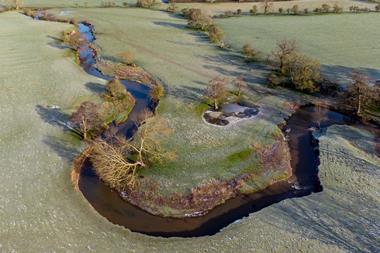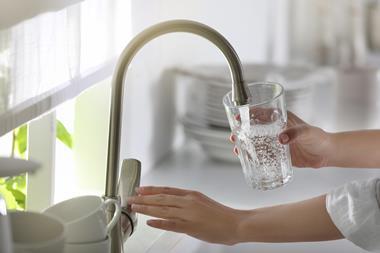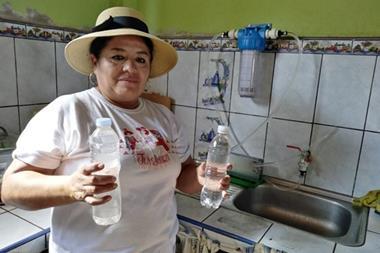BY JULIA ROBINSON
30 JANUARY 2024
CHEMISTRY WORLD
The Republic of Ireland has failed to take measures to ensure that levels of trihalomethanes (THMs) in its drinking water fall within EU safety levels, the European Court of Justice (ECJ) has ruled.
THMs are compounds that are formed by a reaction between chlorine-based disinfectants and the organic matter in the water, such as bacteria and plant material. They are often present in drinking water, particularly in water treatment systems that use chlorine to eliminate bacteria and contaminants. However, long-term exposure could pose risks to human health and the environment.
EU directives state that water regulation authorities must use alternative disinfection methods, reduce the amount of organic matter in untreated water and optimise treatment processes to minimise the formation of THMs.
However, in 2021 the European Commission filed two complaints to the ECJ claiming that Ireland had failed to take necessary measures to ensure that water intended for human consumption met the minimum requirement relating to concentrations of THMs and that it had failed to ensure that the remedial action was take ‘as soon as possible’ to restore the quality of the water.
Related storie
CHEMISTRY WORLD
The Republic of Ireland has failed to take measures to ensure that levels of trihalomethanes (THMs) in its drinking water fall within EU safety levels, the European Court of Justice (ECJ) has ruled.
THMs are compounds that are formed by a reaction between chlorine-based disinfectants and the organic matter in the water, such as bacteria and plant material. They are often present in drinking water, particularly in water treatment systems that use chlorine to eliminate bacteria and contaminants. However, long-term exposure could pose risks to human health and the environment.
EU directives state that water regulation authorities must use alternative disinfection methods, reduce the amount of organic matter in untreated water and optimise treatment processes to minimise the formation of THMs.
However, in 2021 the European Commission filed two complaints to the ECJ claiming that Ireland had failed to take necessary measures to ensure that water intended for human consumption met the minimum requirement relating to concentrations of THMs and that it had failed to ensure that the remedial action was take ‘as soon as possible’ to restore the quality of the water.
Related storie
s
RSC calls on UK government to take action on PFAS levels in tap water

US finally set for nationwide regulation of PFAS in drinking water

Water filter that uses milk protein to catch arsenic achieves positive results in Peru
On 25 January 2024, after hearing from both parties, the ECJ agreed that Ireland had failed to fulfil its obligations and would be required to pay the costs of the court proceedings.
Responding to the ruling, Uisce Éireann, formerly known as Irish Water, said it was ‘determined’ to address the remaining THM non-compliances effectively and that it had made ‘significant progress in addressing these issues’.

RSC calls on UK government to take action on PFAS levels in tap water

US finally set for nationwide regulation of PFAS in drinking water

Water filter that uses milk protein to catch arsenic achieves positive results in Peru
On 25 January 2024, after hearing from both parties, the ECJ agreed that Ireland had failed to fulfil its obligations and would be required to pay the costs of the court proceedings.
Responding to the ruling, Uisce Éireann, formerly known as Irish Water, said it was ‘determined’ to address the remaining THM non-compliances effectively and that it had made ‘significant progress in addressing these issues’.
No comments:
Post a Comment